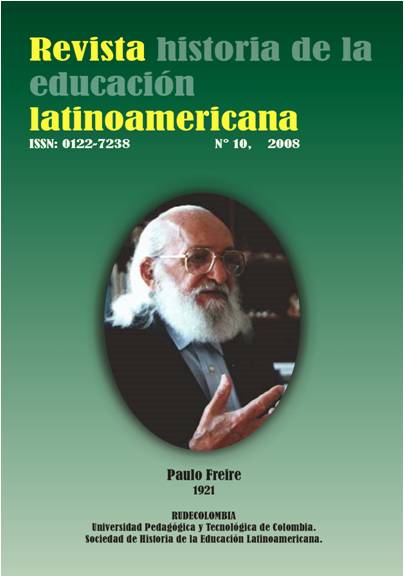GREAT DEALS: PATRONAGE, CORRUPTION AND SOCIAL MOBILITY IN THE REVOLUTIONARY RUSSIA

Abstract
A clandestine network that connected the revolutionary community, the Soviet economic structure, the Communist party and the right hand of the Party, the Cheka, may have been responsible for social mobility of a corrupt group. More importantly, this partnership of «dirty» partners was also responsible to protect one another, achieving perpetuate a system of corruption for a long time. There is no doubt that this random selection of records could serve only as an example of a situation and not as a definitive picture regarding the economic, political or social aspects these associations played in Soviet society, government and industry at the time. However, taking into consideration the fact that this study included only four out of more than a thousand files available in the archive of the League of former political prisoners, it is difficult to imagine that the phenomenon of corruption could be explained, like the tricks of a few people in their desire to survive the subhuman conditions unleashed because of the Russian Revolution.
Keywords
Russian Revolution, Communist Party, Corruption, Social Mobility.